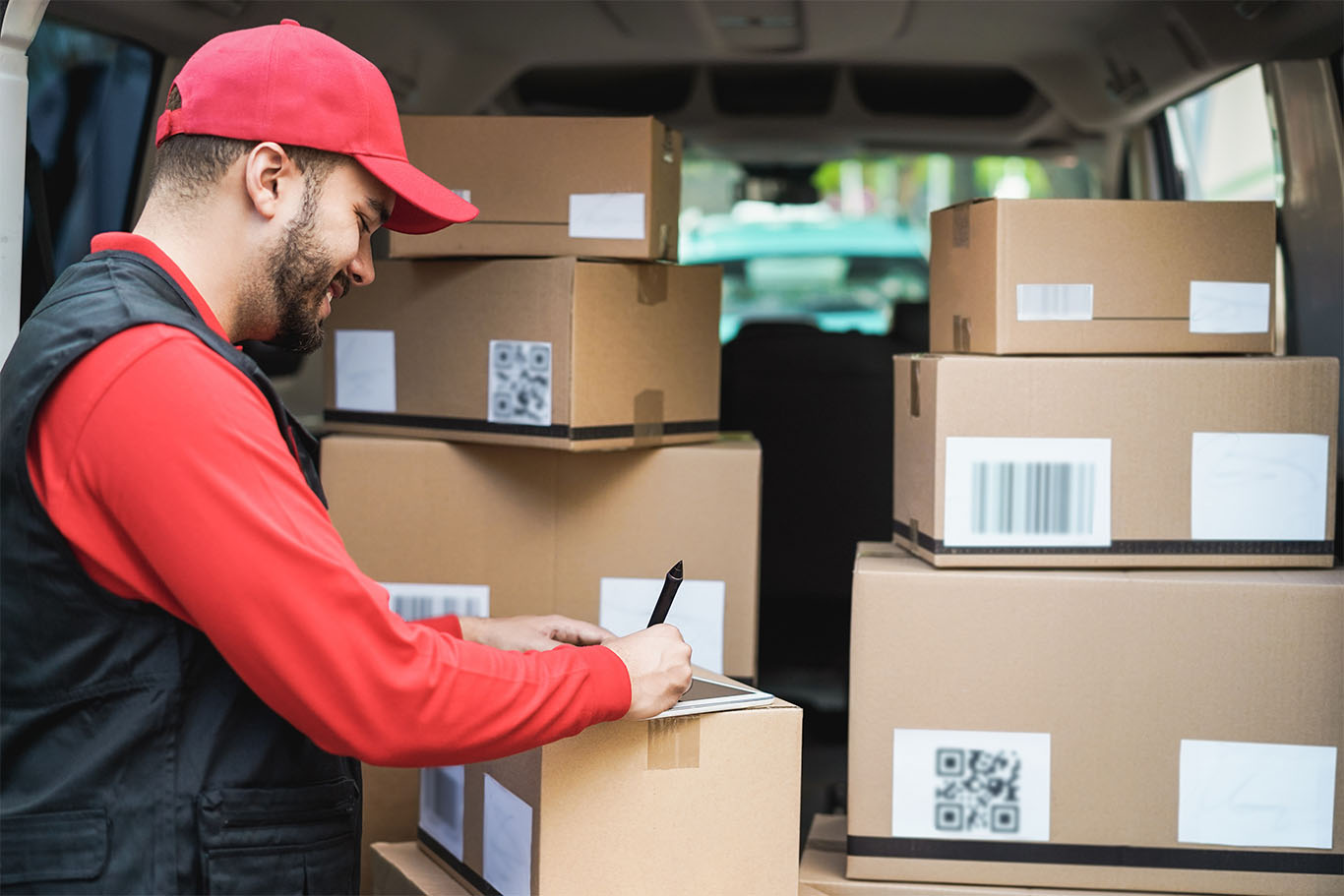
Forwarding companies handle thousands of packages every day, so accuracy is everything. Mistakes in recipient information can lead to lost shipments, delayed deliveries, and frustrated customers. A Package Forwarding Company in Florida often deals with international clients, which makes correct verification even more important. But how do these companies actually confirm that the person receiving a package is legitimate? Let’s break down the process in detail.
Why Verification Matters in Package Forwarding
Verifying recipient details isn’t just about double-checking an address. It’s about protecting both the sender and the receiver from fraud. Without proper checks, companies risk shipping goods to the wrong person or even to scammers. This process also helps avoid customs issues, especially for international deliveries where documents must match recipient information exactly.
Impact of Accurate Verification on Delivery Timeliness
Accurate recipient verification directly affects the efficiency of package delivery. When forwarding companies confirm all recipient details properly, packages can be processed quickly and sent out on time. However, when discrepancies are found, it can lead to significant delays as the company might need to pause the shipment for additional verification.
Collecting Accurate Recipient Information
The first step starts with gathering correct details during sign-up or order placement. Forwarding companies require full legal names, phone numbers, and complete addresses. Many now ask customers to upload government-issued identification during registration. This allows the company to match real names to shipping addresses and reduce errors in future deliveries.
Address Verification During Registration
Address verification is often done through automated systems. These tools compare the entered address with postal databases to check for mismatches or missing information. Even small details like apartment numbers or ZIP codes can trigger a review. By spotting inconsistencies early, companies prevent packages from being sent to incomplete or incorrect addresses.
Matching Identification Documents
Once a package arrives at the warehouse, the recipient’s profile is reviewed again. Some companies require the customer to submit scanned IDs that match the name on the package. The ID is checked for authenticity and expiration dates. For high-value items, an additional proof of residence, like a utility bill, may be requested to confirm the physical address.
Cross-Checking Against Fraud Databases
Many forwarding services subscribe to anti-fraud databases. This allows them to flag suspicious accounts or addresses linked to past fraudulent activity. Any unusual behavior, like multiple names using the same address, triggers further investigation before the package is released for shipment.
Role of Phone and Email Confirmation
Apart from ID checks, phone and email confirmations play a key role. After creating an account or updating recipient details, customers often receive a verification link or code. This extra step ensures the person providing the information has access to the registered contact methods, reducing the chance of impersonation.
Two-Factor Authentication for Added Security
Some forwarding companies add two-factor authentication to strengthen their verification process. This may involve sending a one-time password (OTP) to the customer’s phone before approving shipment requests. This small step blocks unauthorized users who might gain access to someone’s account.
Why Package Contents Matter in Verification
Verification isn’t just about the recipient’s name or address. The type of items being shipped can also influence how strict the verification process is. High-value electronics, jewelry, or branded goods often require extra checks before forwarding. This protects both the company and the customer from potential theft or disputes.
Customs and International Regulations
For international shipments, customs paperwork must match the verified recipient details exactly. Inaccurate names or addresses can lead to delays at the border or even confiscation of goods. By carefully matching recipient information with official documents, forwarding companies avoid these costly setbacks.
How Technology Improves the Process
Modern forwarding companies rely heavily on technology to keep verification smooth. Automated address validation tools, fraud detection algorithms, and secure databases reduce manual errors. Digital document scanning also speeds up ID checks, allowing companies to handle higher volumes without sacrificing accuracy.
Human Oversight Still Plays a Role
Even with advanced technology, human review is essential. Employees double-check flagged cases, verify suspicious accounts, and contact customers for clarification. This combination of automation and personal review creates a strong safety net for both the company and the customer.
Customer Responsibility in Accurate Details
While forwarding companies work hard to verify details, customers also play a big role. Providing accurate names, valid IDs, and reachable contact information makes the process faster and smoother. Any false or incomplete details can lead to shipment delays, storage fees, or even returned packages.
Final Thought
Recipient verification is more than a formality; it’s a safeguard for everyone involved in the forwarding process. By combining automated tools with manual checks, companies protect their customers from fraud and shipment errors. For anyone using a forwarding service, especially international clients, taking the time to submit correct details upfront can make the entire shipping experience hassle-free.



